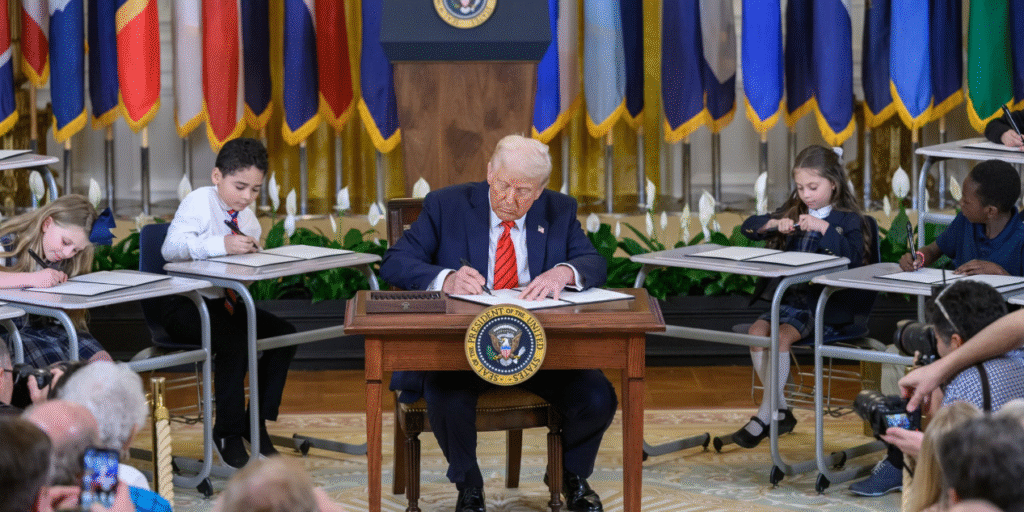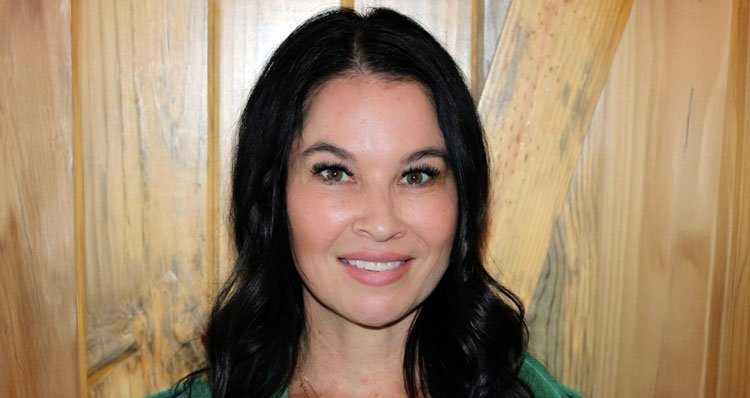Recent Developments in University Athletics
This week has seen two significant updates regarding the NIL (Name, Image, and Likeness) news, which many believe could reshape university athletics. There’s a level of disillusionment about the current state of things.
A few months back, President Donald Trump contemplated issuing an executive order and potentially forming a committee focused on university sports. The aim was to address the growing challenges associated with the NIL system and the murky waters of compensation for student-athletes.
On Thursday, Trump formally signed an executive order aimed at safeguarding “student-athletes and college athletic scholarships and opportunities, including those related to the Olympics, non-revenue programs, and distinct American college sports traditions.”
According to a White House release, the order includes the following key points:
- It mandates the preservation of, and where possible, the expansion of scholarship opportunities and competition in university athletics, specifically benefiting women’s and non-revenue sports.
- It prohibits third-party payments to university athletes, though legal and fair compensation from third parties, such as brand endorsements, remains unaffected.
- It stipulates that revenue sharing between universities and their athletes should protect women’s and non-revenue sports.
- It instructs the Secretary of Labor and the National Labor Relations Commission to clarify the status of student-athletes, ensuring the educational and developmental opportunities provided by non-profit and university sports remain intact.
- It directs the Attorney General and the Federal Trade Commission to take steps to safeguard student-athletes’ rights and ensure the long-term stability of university athletics against antitrust law challenges.
- It calls on presidential assistants for domestic policy to collaborate with the U.S. Olympic and Paralympic teams, among others, to uphold the significance of university athletics in nurturing elite American athletes.
The overarching goal is to prevent the discontinuation of programs that might not be profitable.
It’s interesting to note that players are shifting toward a more unionized model, positioning themselves as employees rather than just students. This order seems to push back against that trend.
On the same day Trump enacted the order, Congress appeared to be moving swiftly to advance bipartisan legislation through the U.S. House Committee.
“The landscape of university sports has transformed significantly during the NIL era,” said a member of Congress. “This bill aims to not only reimburse students but also grant them access to essential resources like healthcare and financial literacy courses, laying a solid groundwork for life post-college.”
The Athletics Director at the University of Alabama shared general support for the proposed legislation, expressing gratitude toward lawmakers for their bipartisan approach in addressing intercollegiate athletics.
“It’s vital to establish sustainable models that ensure student-athletes have diverse athletic opportunities for future generations,” Byrne remarked.
While things are certainly progressing, it remains to be seen if these efforts will yield tangible results. It feels like, for the first time, officials are moving beyond discussions and taking actionable steps on this issue.







